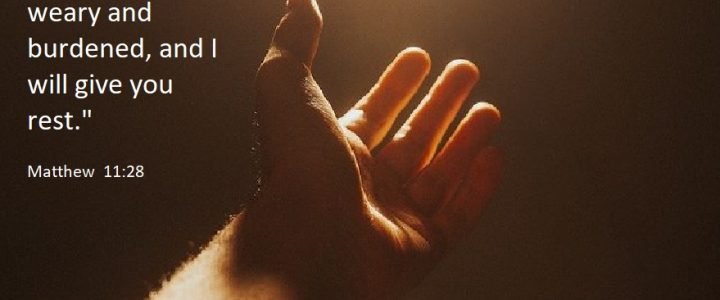When those in Jerusalem on that first Pentecost heard the preaching of Peter and the other apostles, they asked, “Brethren, what shall we do?” And Peter replied, “Repent, and be baptised every one of you in the name of Jesus Christ for the forgiveness of your sins; and you shall receive the gift of the Holy Spirit”. And Peter testified with many other words and exhorted them, saying, “Save yourselves from this crooked generations.” (Acts 2:37-40)
Repentance, a change of heart, rediscovering baptism as the source of joy, turning away from sin, growing as a new creation, fleeing from the culture of deatch and worldliness in all its aspects – this must be our programme in our preparation for the approaching “Holy Year”.
“What shall we do?” We too must ask ourselves the same question, as faith in the Gospel cannot be reduced to mere intellectual assent to doctrine. It is much more than that, it involves transforming our conduct and our lives. Saint Peter’s answer applies to us too. It is an asnwer that exhorts us to do three things: repent, draw on sacramental grace and distance ourselves from this “crooked generation”.
First of all then, “Repent!” We are not told to debate, dispute or discuss. Instead we are told to change ourselves from within, so that our life and our actions may gradually come to conform with the Easter mystery.
Then there is the second exhortation: Make your own baptism – which is a living reality in each of you – the inexhaustible source of your life of faith. By a faithful and ever more perfect participation in the Sacred Mysteries, banish all sin from your interior life, drive out the spirit of contradiction and allow the “new creation” (2 Cor 5:17) to grow within you. The risen Lord is tending the new life within you through the constant Pentecostal outpouring of His Spirit.
Finally, Saint Peter urges us, “Save yourselves from this crooked generation.” By “crooked generation” he surely does not mean humanity as a whole, to whom we must rather turn with charity, but rather everything within humanity that contradicts the eternal plan of the Father – the spirit of rebellion against God and His laws.
So understood, this “world” must not intimidate us with its bullying, nor entice us with its sordid glamour, nor indeed discourage us with its fleeting triumphs. Our Lord has already overcome the world of this “crooked generation” through His pascal triumph, and if we remain in Him, then we too will overcome it.
May the Blessed Virgin help us to repent and truly believe in the Gospel!
Cardinal Mauro Piacenza, President of ACN.




